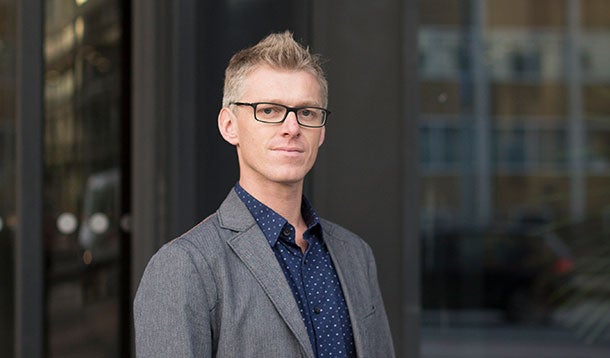Hydrologists are needed everywhere. As safe and clean water is becoming increasingly scarce all over the world, there is a growing demand for scientifically trained and modern water experts. This means there is a lot of employment in the field for you with a broad variety of opportunities, both now and in the future. This Master helps you find possible careers that match your personal interest.
For example, the Hydrology Master’s programme prepares you well for a future in water, groundwater, drought, and/or flood management. You can also work in academia, work for an NGO or engineering company, do consultancy work or start your own business with an idea that helps solve water-related challenges.
Find three examples of where our students ended up below.
As a Hydrology graduate, you might get involved in:
- Scientific aspects of water through a PhD study on a hydrological subject;
- Management of groundwater exploration;
- Flood management, studying the effects of land management on discharge;
- Erosion and sedimentation issues and how to solve them;
- Quantifying the economic effects of hydrological risks: floods, droughts and pollution;
- Using satellite imagery and GIS to work on global or regional hydrology;
- Using your knowledge professionally to improve the management of water resources.
